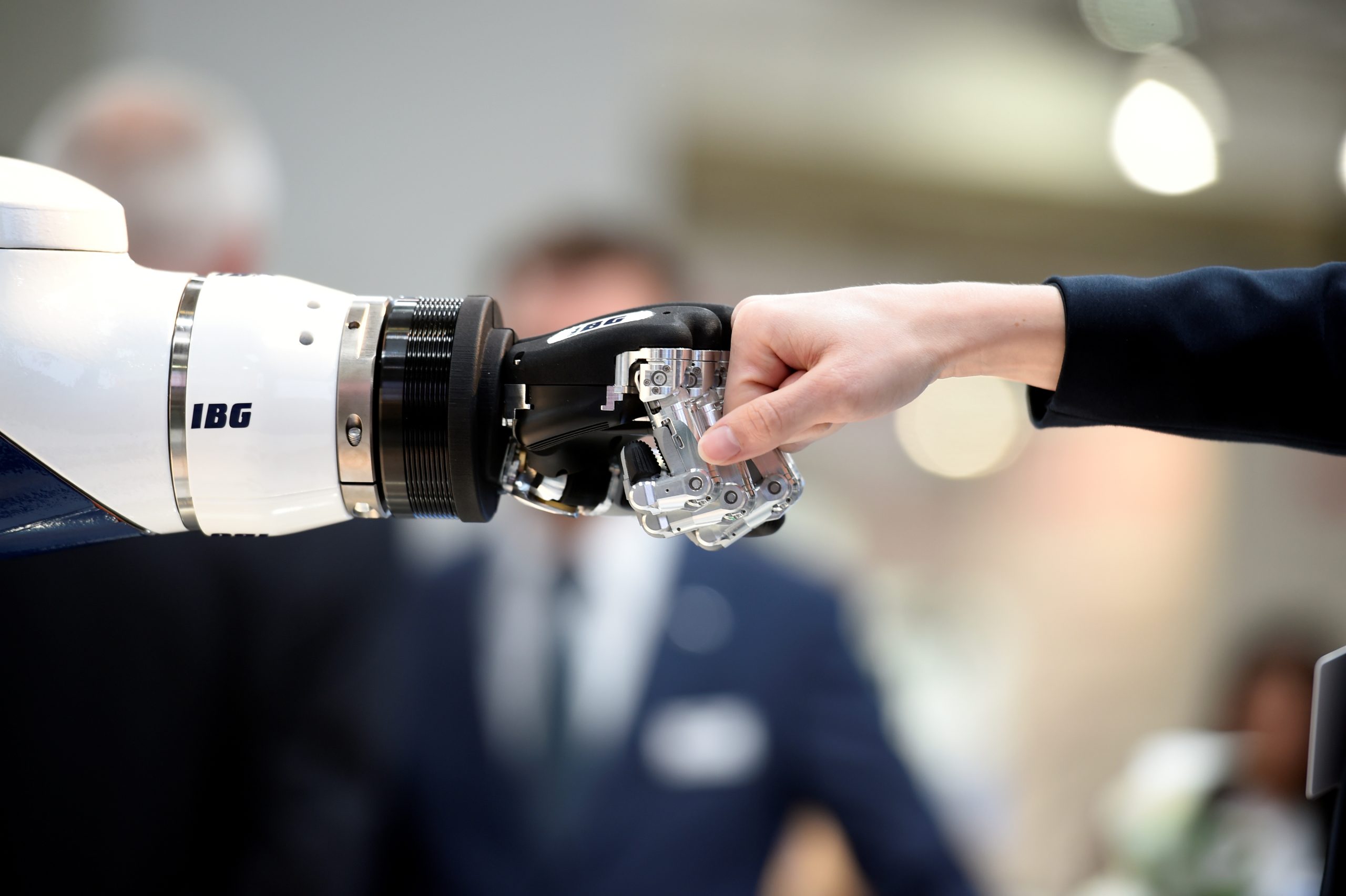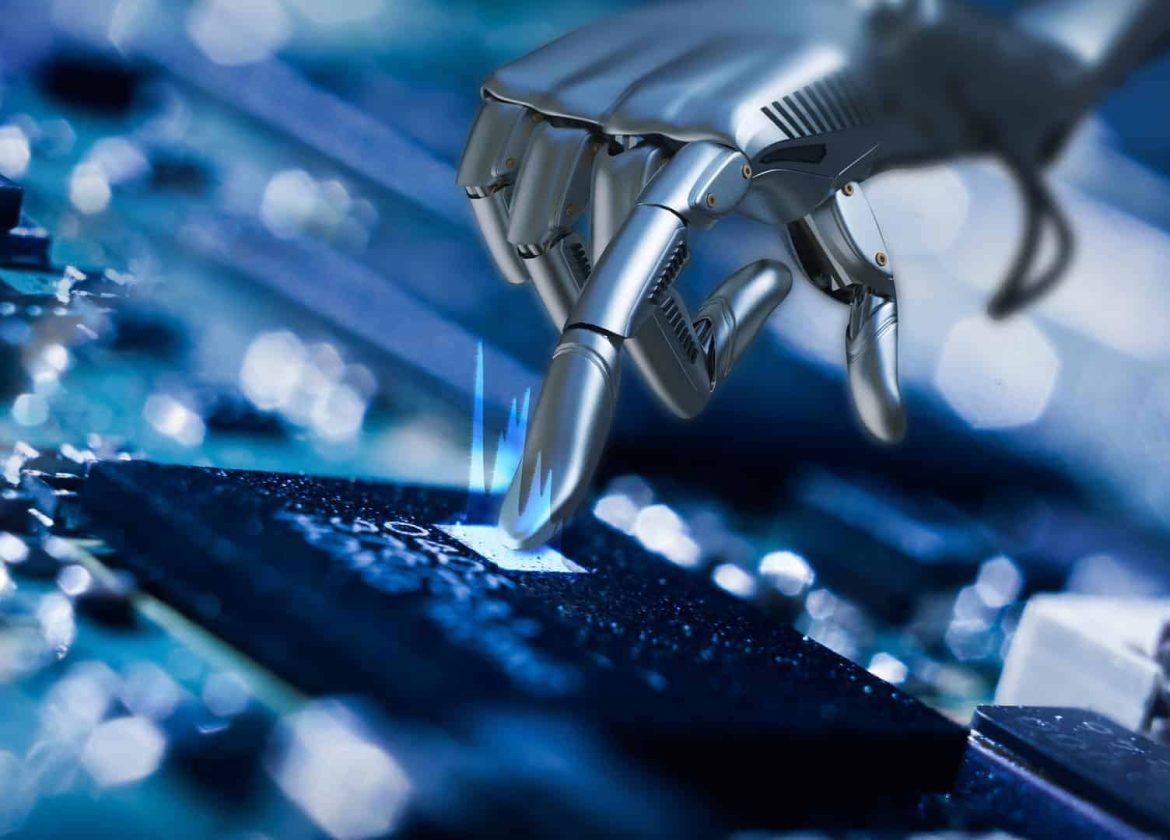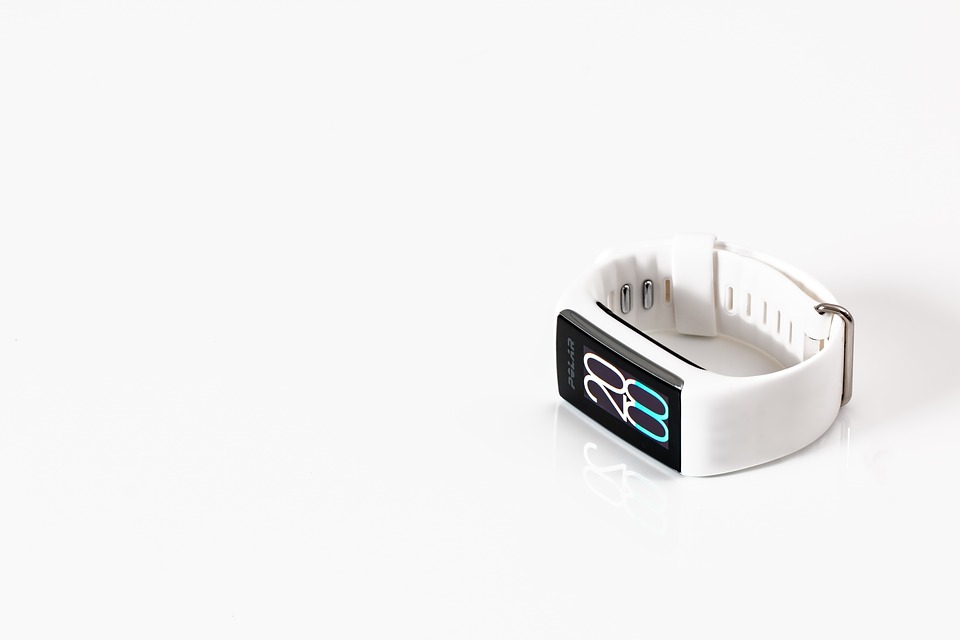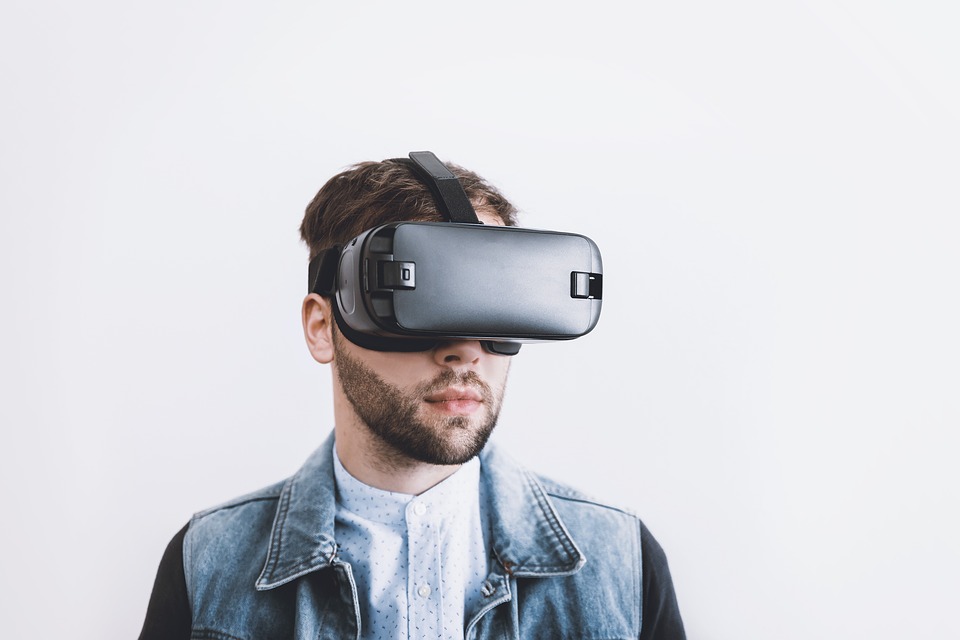Many people confuse automation, artificial intelligence, and robotics or assume that they’re the same thing. While they play in the same sandbox, so to speak, they’re actually in distinctly different categories. Think of AI as a program that simulates human intelligence in machine processes, such as in computers. Some examples of AI include speech recognition, natural language processing, expert systems, and more.
Meanwhile, robotic engineering technology encompasses the creation and use of physical machines, often to perform tasks that humans can do. They need not necessarily be autonomous, or be a humanoid robot. Robotic machines come in many different varieties. You may have a robot in your home right now, such as a Roomba that vacuums your floor. An industrial robot may be used to work in environments unpleasant or hazardous to humans, performing machining work that is too precise for a human to perform. High-precision is also a case for the use of medical robots. And anyone who’s been to a Disney theme park has seen robotic characters in action (but Disney calls theirs Audio-Animatronics). But robotics isn’t just here to entertain us or clean our floors—it’s also here to help us learn, elevate our healthcare, change how we manufacture things, and more.
What Industries are Transforming due to Robotics?
There’s no question that continued development in robotics and machine learning are influencing a wave of change throughout a variety of industries.
Healthcare
Robotics are assisting healthcare professionals in many ways. Intelligent, AI-based devices can be used to help doctors identify diseases and health concerns in patients much earlier, while surgeries are enhanced by medical robotics that allow for tiny, accurate movements. Plus, surgeons can get real-time information on patients to reduce blood loss and side effects. Medical robots can also help with disinfection, delivery of supplies, and giving providers more time with patients.
Education
Both in-person classroom and online learning are affected by robotics. With teachers often stretched thin in over-packed classrooms, they’re not able to offer as much one-on-one instruction as a student might need. And if students are learning in an online environment, they may not have a teacher guiding them through their lessons at all. Robotics can assist with learning in multiple ways. For example, some robotics can help disabled students get to class, or take class from home where they can learn communication skills and how to focus. Robotics can also act as a test subject for medical students to learn new skills or form bonds with students in the classroom who need more personal attention.

Manufacturing
Robotics assists in a wide range of manufacturing industries, ranging from food to automotive to the aerospace arena. In automotive manufacturing, robotics helps human counterparts assemble and program cars to automate the process and make it more efficient. The aerospace industry is using 3D printing to create lightweight parts that enhance production. And the food industry relies on them to address food safety by using advanced cooler systems and relying on robotic assistance during production to ensure consistency, reduce cross contamination, and make the work environment safer.
Personal Technology
This is where your Roomba or toy robot dog comes in. Robotics is taking over personal technology in a big way, ranging from Roku or Amazon Fire remotes that allow you to tell it what movie to play to kitchen appliances that cook us meals without us having to lift a finger.
What Role Will Robots Have in our Future?
Robotics will unquestionably have a dramatic impact on both our personal and professional lives. But in both instances, robotics can make our lives much easier by handling tasks we may not be able to do ourselves or support us when we need help doing tasks.
While it’s likely that robotics will make some careers obsolete and narrow the job market in certain sectors, research has shown that robotics will actually create more jobs in the long run. Many of these new jobs will be in the IT industry, which is known to be “future proof” thanks to its continual evolution and reliance on forward-thinking professionals to continue driving it to new heights.





